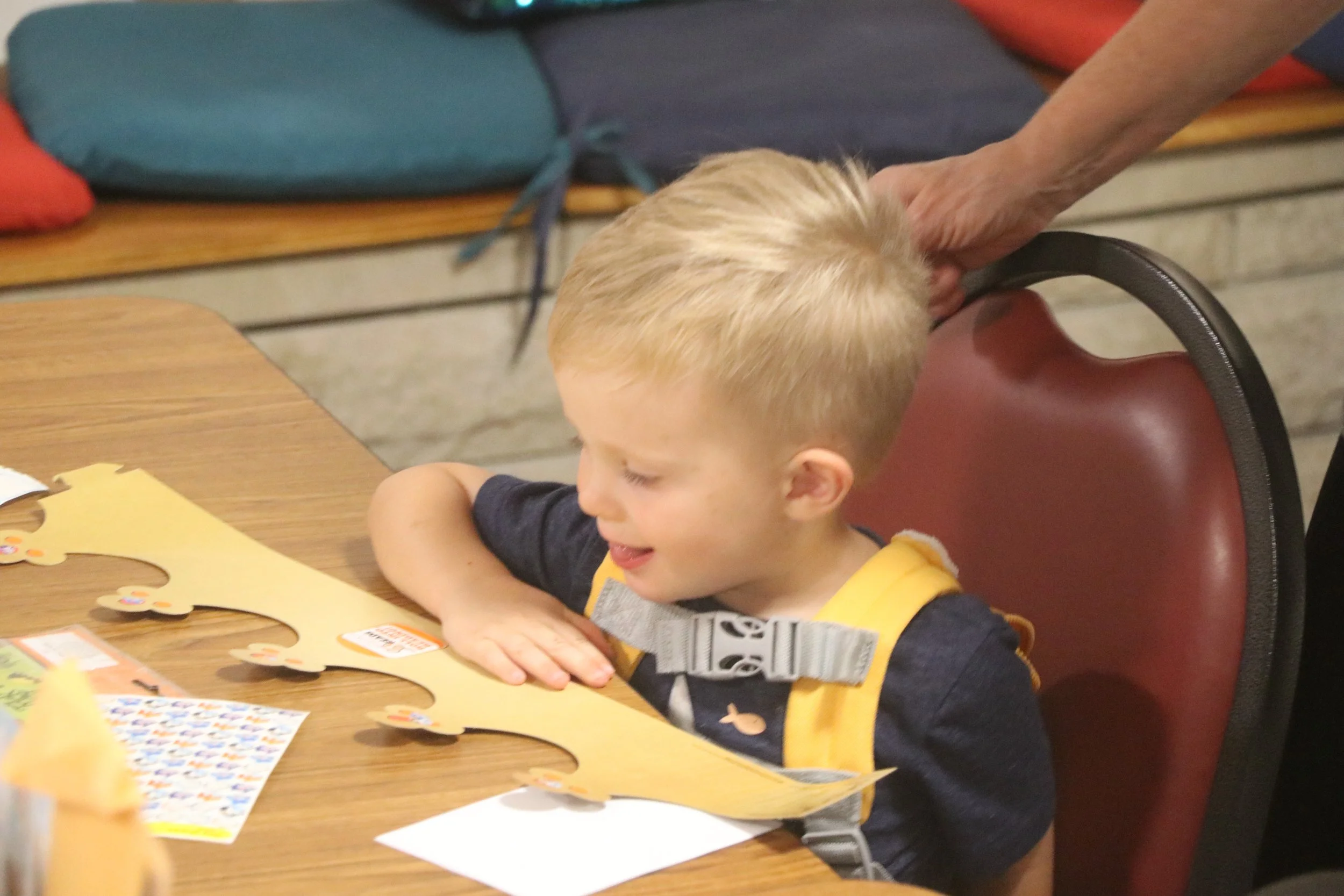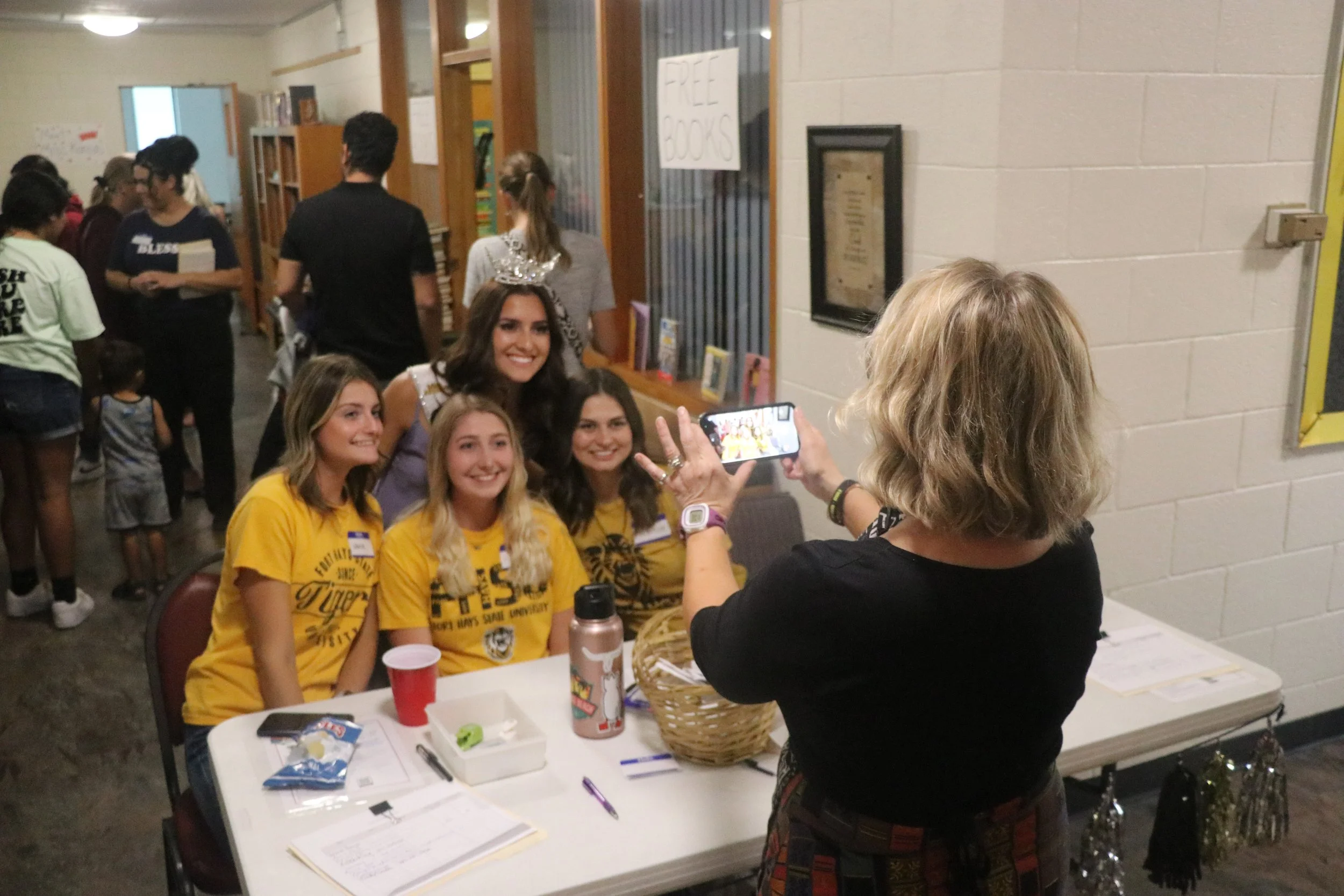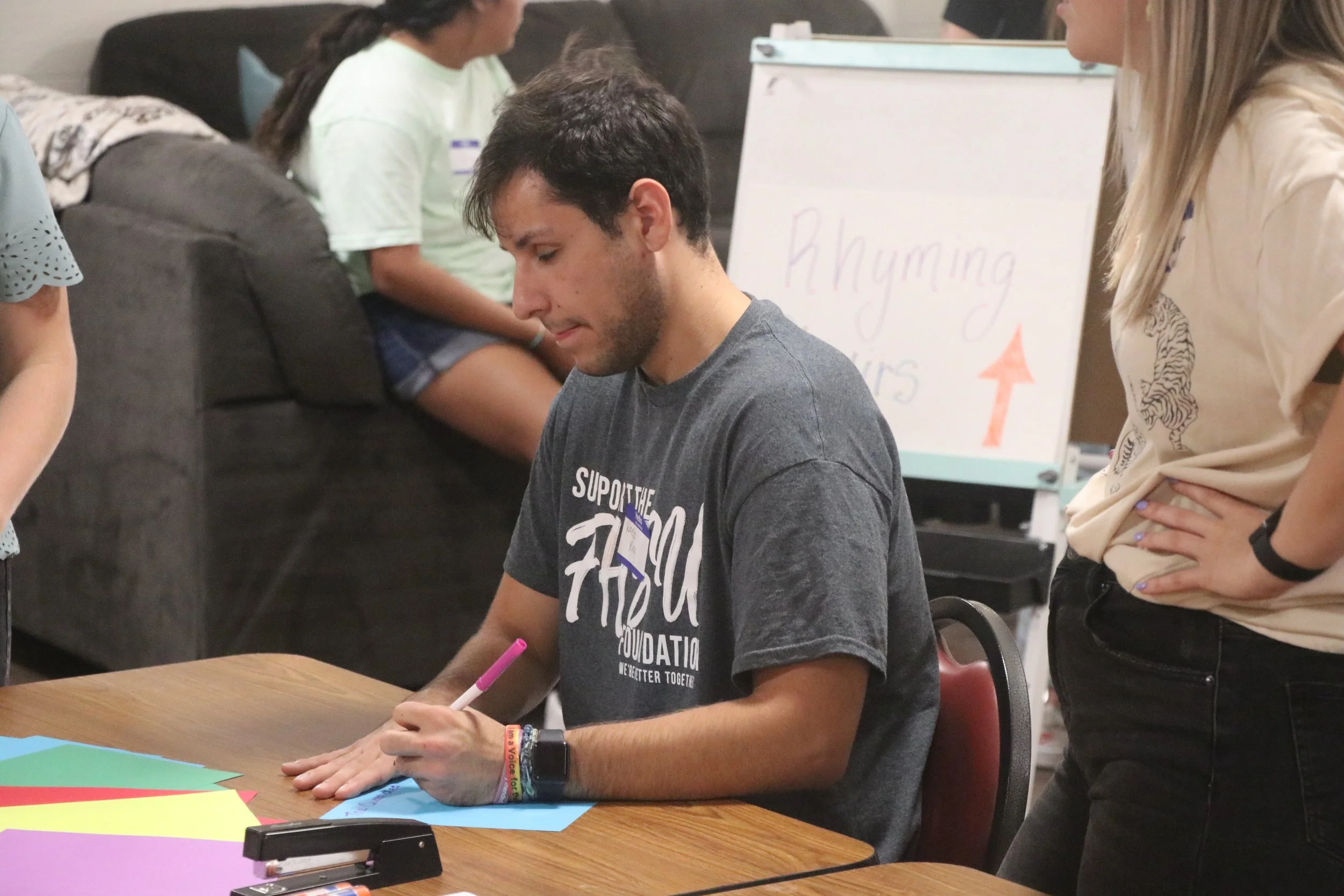FHSU Language and Literacy Institute
The FHSU Language and Literacy Institute in Partnership with Hays Masonic Lodge 195 provides free in-person and online literacy tutoring and English language services. Providing one-to-one support, the Language and Literacy Institute utilizes instructional methods based on the Science of Reading to enhance and advance literacy and language skills for struggling PK-12 students including those students with dyslexia and dysgraphia and those new to the English language.
How We Support You
Professionally trained tutors provide services during a convenient after-school schedule. These services align with the principles of structured literacy, ensuring a systematic, explicit, and cumulative approach to reading instruction.
Additional Support
We host a variety of programs such as:
Parent and caregiver workshops to help support literacy at home
Summer reading programs aimed at preventing summer reading loss and increasing reading motivation
Family literacy events to encourage a love for reading that engages the entire family
Why We Do It
According to the U.S. Department of Education, about 54% of U.S. adults -130 million people- read below a sixth-grade level with many living in poverty.
By teaching students using phonics and the science or reading, struggling readers can be taught to successfully read, leading to a lifetime of success.Comprehension: Understanding the meaning of text and integrating it with previous knowledge
Structured Literacy Instruction
Multi-Sensory: The teaching of new concepts incorporates visual, auditory, and kinesthetic pathways. With this approach, students learn language by ear (listening), mouth (speaking), eyes (seeing), and hand (writing).
Structured, Sequential, and Cumulative: Through direct, explicit instruction, it progresses logically at the primary level and progresses to more advanced concepts that build upon the previous skill learned, with practice and review.
Diagnostic: Through assessment, differentiation, and grouping, teachers can instruct students based on their needs.
Language-based: Directly teaches the fundamental structure of language, starting with sound/symbol relationships and progressing to more complex concepts such as higher-level spelling rules and Greek and Latin Bases.
The Five Pillars of Literacy
Phonological Awareness: The awareness that words are composed of sounds and those sounds have distinct articulatory features
Phonics: The ability to recognize letter-sound relationships in words
Fluency: The ability to read with speed, accuracy, and proper expression
Vocabulary: Size and word-meaning strategies predict comprehension
Comprehension: Understanding the meaning of text and integrating it with previous knowledge
Tutoring time
Children: Tuesday & Thursday 3:30-4:30 PM
Adults: Tuesday & Thursday 5:30-6:30 PM











